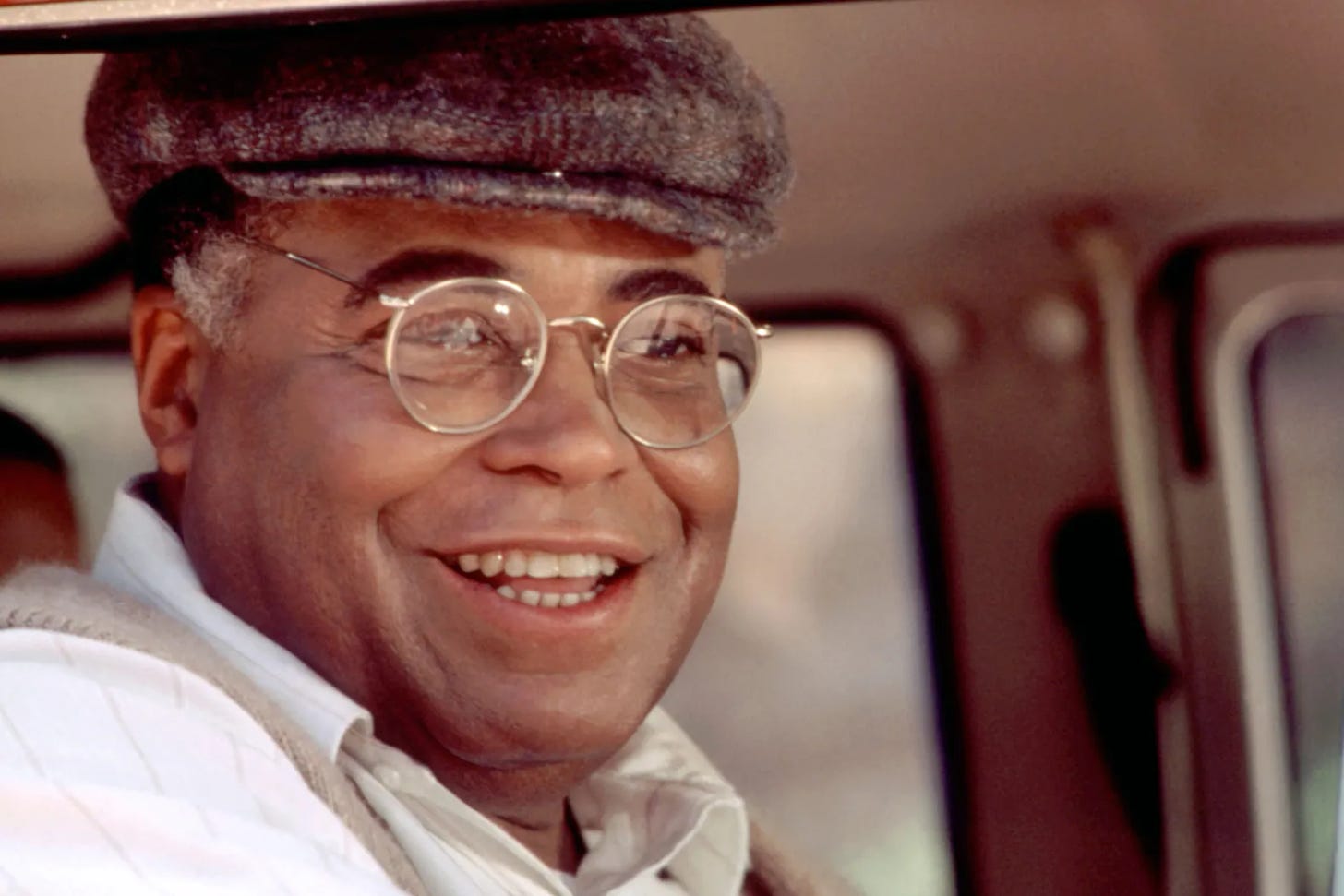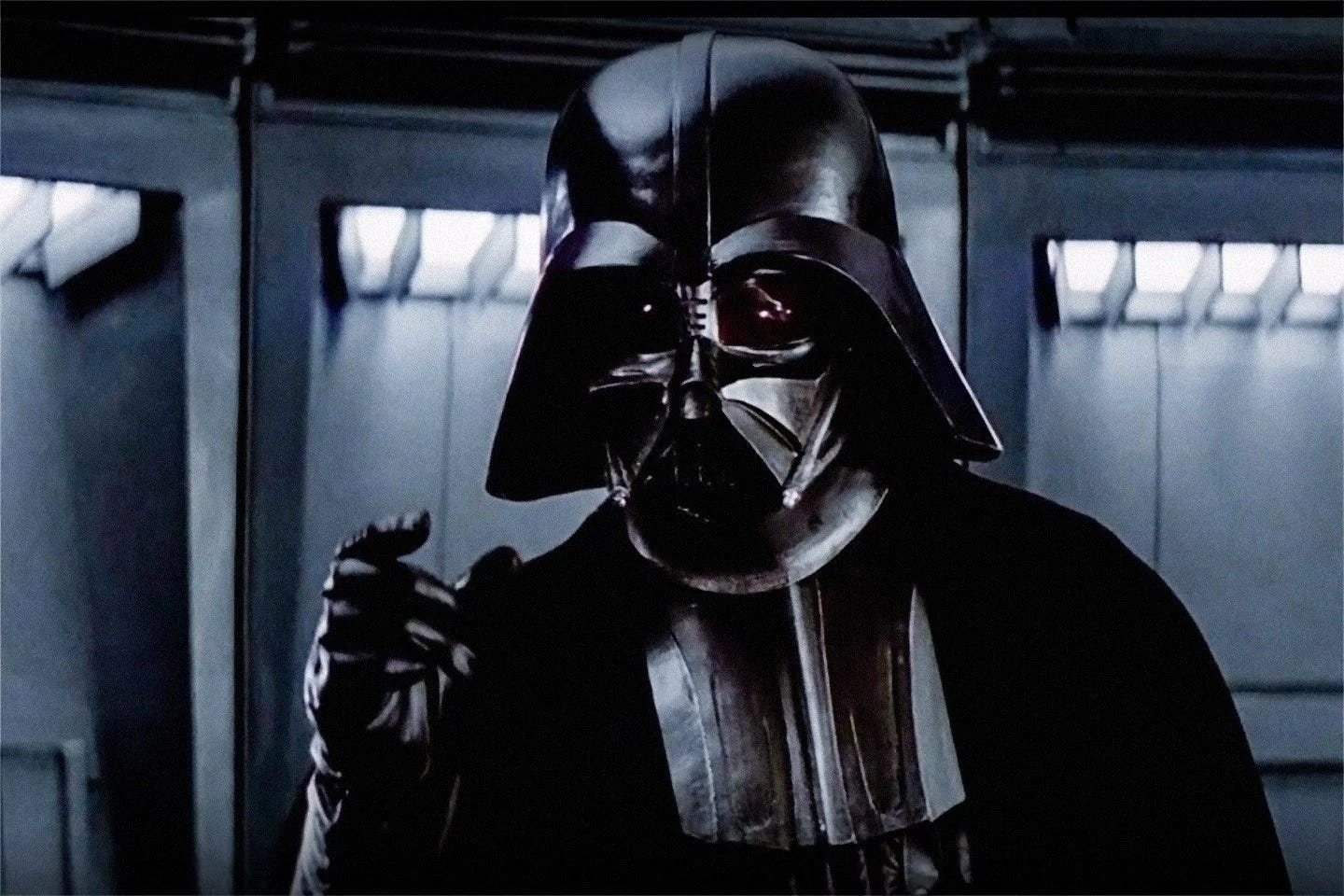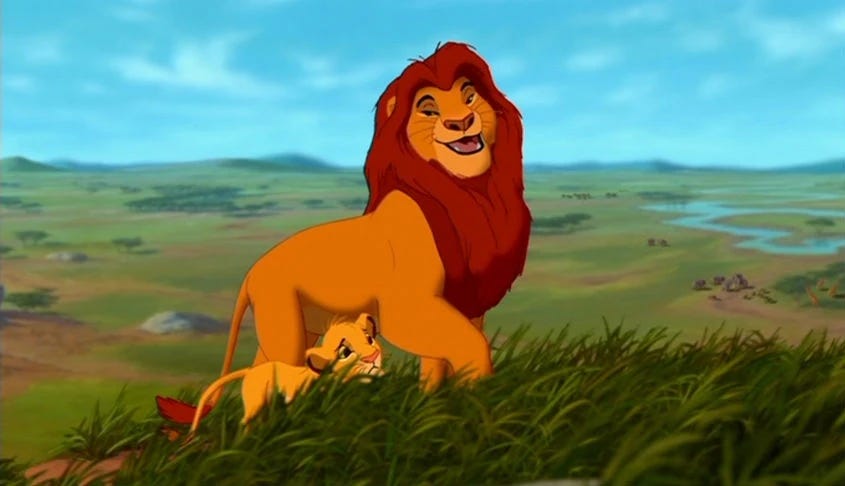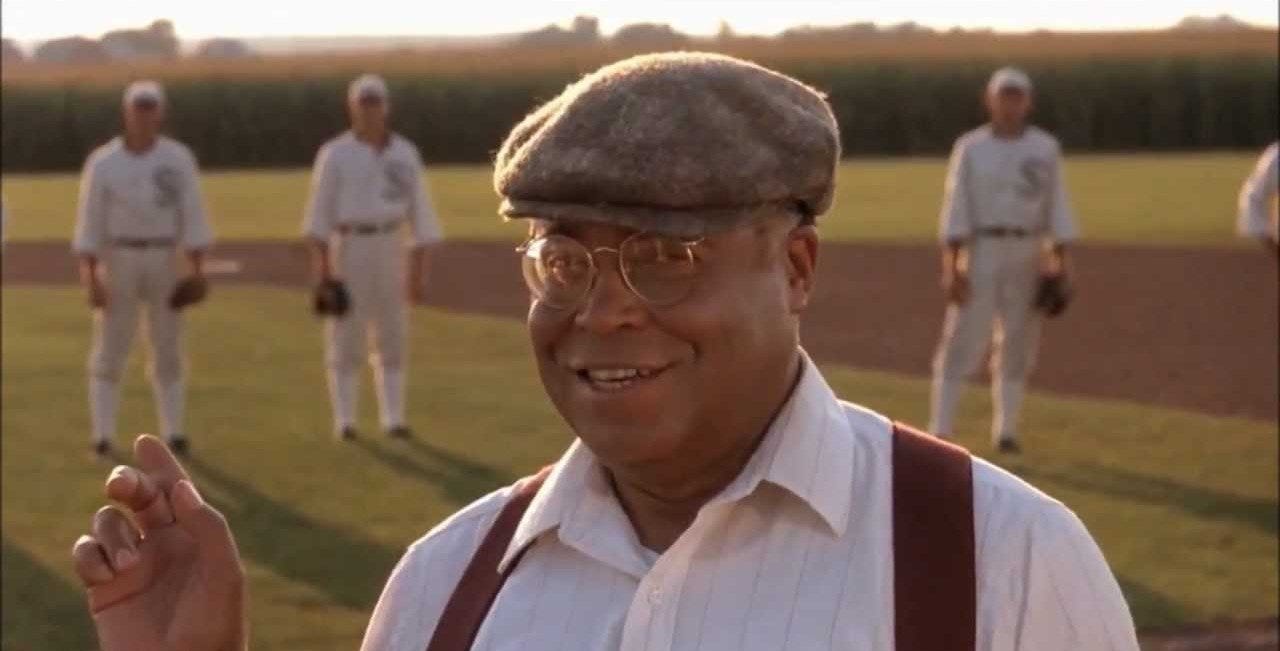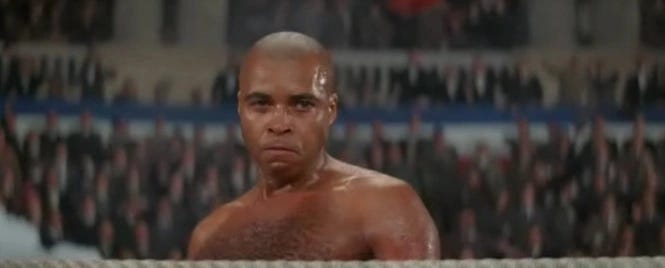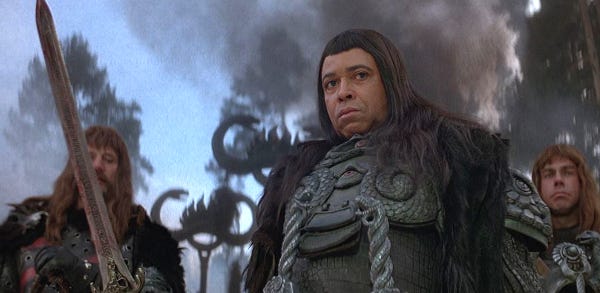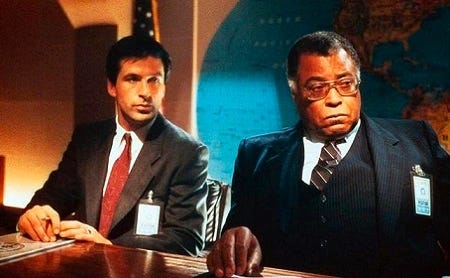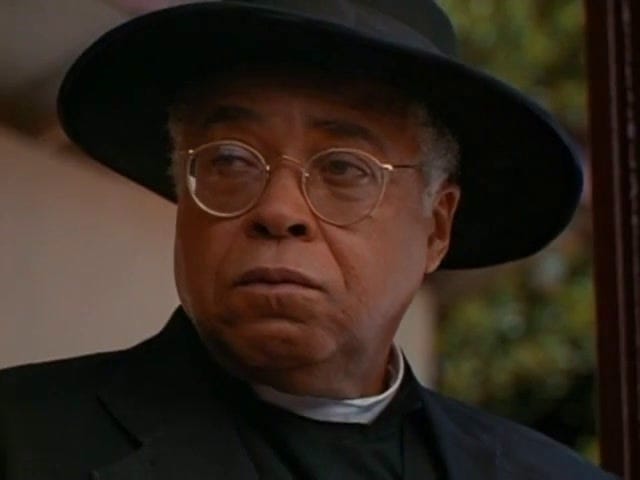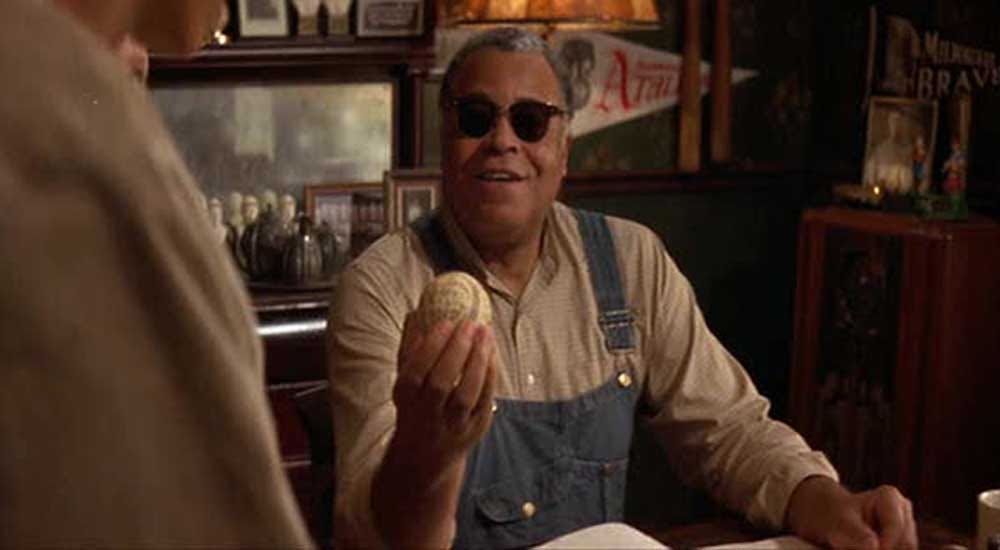Echoes of Greatness: The Enduring Legacy of James Earl Jones, One of the Best of the Best
For many of us, James Earl Jones is not just an actor we admire from afar—his voice is woven into the fabric of our childhoods, a familiar sound that has echoed through our homes and hearts for as long as we can remember. Whether it was the first time we heard the deep, rumbling command of Darth Vader as children, feeling both awestruck and terrified, or the gentle yet regal wisdom of Mufasa in The Lion King, his voice was a constant presence. It was more than just a character speaking; it felt like a guiding force—authoritative, comforting, and unmistakable.
Growing up with that voice meant knowing, without ever seeing his face, that there was someone behind these iconic roles who could evoke emotions so powerful, it made entire worlds come alive. For so many of us, hearing James Earl Jones for the first time was a defining moment, one that left an indelible mark. It wasn’t just the characters—Darth Vader’s unforgettable “I am your father” or Mufasa’s moving counsel to Simba—it was the way Jones breathed life into them. His voice had a kind of magic, making villains terrifying yet magnetic, and kings wise but infinitely relatable.
As we got older, we may have come to realize that it wasn’t just the roles that captivated us, but the profound weight and authenticity that Jones brought to every performance. His voice transcended the boundaries of the screen, becoming an ever-present echo in our lives. And as we grew to appreciate his vast body of work, we began to see that James Earl Jones is not just a performer who shaped our imaginations as children—he is an artist who has continued to elevate the craft for generations.
In this reflection on Jones' illustrious career, we will explore ten of his most memorable performances that exemplify why he is considered the "best of the best"—a performer of unparalleled grace, power, and nuance. Through these roles, we celebrate the legacy of an actor whose impact has touched us all, from the moment we first heard his voice, to the lasting impression his characters leave today.
Darth Vader in Star Wars Trilogy (1977–1983)
It’s impossible to begin any discussion of James Earl Jones’ legacy without acknowledging his groundbreaking portrayal of Darth Vader. Though Jones never physically donned the black armor of one of cinema’s most feared villains, his voice alone imbued the character with an unforgettable blend of menace, sorrow, and regality. The character of Darth Vader, with his imposing presence and towering evil, could have easily been one-dimensional. But Jones’ nuanced vocal performance allowed audiences to glimpse the layers of pain and internal conflict lurking beneath the surface. His chilling lines, "I am your father," remain among the most iconic in film history, cementing his place in the cultural zeitgeist. His voice was the emotional backbone of the original Star Wars trilogy, turning what could have been a typical antagonist into a complex and tragic figure.
King Mufasa in The Lion King (1994)
Disney’s The Lion King has since become a beloved masterpiece, and much of its heart comes from Jones’ portrayal of Mufasa, the wise and noble king of Pride Rock. In this animated feature, Jones brings a paternal warmth and gravitas to the character that resonated with audiences of all ages. His deep, resonant voice made Mufasa’s lessons on leadership, responsibility, and the circle of life all the more poignant. One of the film's most powerful moments, when Mufasa tells Simba to "remember who you are," carries an emotional weight that transcends the screen. Jones' portrayal of Mufasa became a symbol of strength, love, and fatherhood, and it’s no wonder that Disney sought him out again for the 2019 live-action remake, trusting that no one else could fill those enormous shoes.
Terrence Mann in Field of Dreams (1989)
In Field of Dreams, Jones plays Terence Mann, a reclusive writer who becomes an unlikely companion to the film’s protagonist as they search for redemption and meaning through baseball. In a film about dreams and faith, Jones' performance provides a grounding presence that gives the film its emotional core. His speech about baseball as the "one constant through all the years" is one of the film's most quoted moments, and it’s a testament to Jones’ ability to deliver a monologue with gravitas. There is a quiet dignity in this role, and his performance offers a reminder of his incredible versatility—able to shift from the bombast of Darth Vader to the reflective, poetic musings of Terence Mann.
Jack Jefferson in The Great White Hope (1970)
The Great White Hope is another of Jones’ landmark performances, for which he was nominated for an Academy Award. Playing Jack Jefferson, a character based on real-life boxer Jack Johnson, Jones gave a searing portrayal of a man grappling with the brutal realities of racism and societal expectation. The role demanded physicality, passion, and vulnerability—qualities Jones embodied effortlessly. His depiction of Jefferson’s rage against an unjust world was visceral and raw. It was not only a statement on racial injustice but also a showcase of Jones’ ability to channel his own emotions into a performance that felt deeply personal and universal. This role solidified his place as one of the most important actors of his generation, one who was unafraid to take on challenging roles that spoke to the heart of human struggle.
Thulsa Doom in Conan the Barbarian (1982)
Jones' portrayal of Thulsa Doom in Conan the Barbarian demonstrated his ability to breathe life into even the most fantastical characters. In this dark fantasy epic, Jones plays a cult leader with almost supernatural charisma, a villain whose calm, controlled demeanor makes him all the more terrifying. His character is not simply a foil to Arnold Schwarzenegger’s Conan but a figure of psychological depth and mystery. His line delivery is hypnotic, drawing the audience into his twisted worldview. Thulsa Doom is a character who believes in his own godlike power, and Jones' towering performance added layers of intrigue and complexity to what could have been a typical sword-and-sorcery villain.
Admiral Greer in The Hunt for Red October (1990)
Jones brought a commanding presence to the role of Admiral James Greer in The Hunt for Red October, part of the Jack Ryan franchise. As a high-ranking officer in the CIA, Greer serves as a mentor and confidant to the film’s protagonist, played by Alec Baldwin. Jones’ portrayal of Greer is marked by his steady hand and quiet authority. He’s a man who has seen it all and knows when to remain calm even in the face of nuclear catastrophe. Jones' ability to balance toughness with empathy gave the character a grounded humanity. While not as showy as some of his other roles, this performance further proved his ability to lend gravitas to any project he’s part of.
Judge Leon in Cry, the Beloved Country (1995)
In Cry, the Beloved Country, Jones portrayed Reverend Stephen Kumalo, a humble priest searching for his son in apartheid-era South Africa. This performance showcased Jones' ability to channel profound sensitivity and quiet strength. The role of Reverend Kumalo required Jones to express deep sorrow, but also to offer a message of hope and reconciliation in the face of overwhelming adversity. Jones' portrayal was tender, compassionate, and deeply human, bringing an emotional weight to a film that dealt with themes of forgiveness, redemption, and racial injustice. His ability to convey the internal struggle of a man caught between love for his son and his duty to his faith was nothing short of mesmerizing.
Mr. Mertle in The Sandlot (1993)
Lastly, in The Sandlot, Jones brought heart and wisdom to the role of Mr. Mertle, a reclusive former baseball player who befriends a group of young boys. Though his role in the film is relatively small, Jones' presence looms large. His character represents the past glory of baseball and serves as a bridge between generations. There’s a warmth to his performance, a contrast to the fierce figures he’s often known for. His interactions with the young actors in the film exude a kindness that feels genuine, and his passion for the game of baseball is palpable. In this film, Jones was not just a mentor to the characters but to the audience as well, reminding us all of the joy of youth and the lasting impact of our heroes.
A Legacy of Depth, Power, and Humanity
Throughout his storied career, James Earl Jones has proven time and again that his ability to inhabit characters goes far beyond the mere technicalities of performance. He doesn’t just portray kings, villains, or icons—he breathes life into them, elevating each role with a complexity that lingers long after the credits roll. From voicing the galactic menace of Darth Vader to embodying the regal wisdom of Mufasa, Jones has consistently shown us that no character, no matter how grand or understated, is beyond his reach. And while his voice is often the first thing that comes to mind—a voice as deep and resonant as the cosmos itself—it’s his profound emotional intelligence, his ability to convey vulnerability, strength, and everything in between, that truly sets him apart.
Jones is more than an actor; he is a storyteller in the purest sense of the word. His performances remind us of the many layers of the human condition—our fears, our hopes, our quiet moments of doubt, and our courageous leaps of faith. Whether standing in front of a live audience on stage or commanding the screen in some of the most iconic roles in cinematic history, Jones delivers with a grace that feels both timeless and utterly human. There is a weight to his work, a gravitas that reaches beyond the script and touches something raw and real in all of us.
But perhaps what makes James Earl Jones truly legendary is his unwavering dedication to his craft. He has never been content with simply “playing a part”—each performance, from his most famous roles to his quietest moments, is imbued with a sense of purpose and humanity. He takes characters that could easily be one-dimensional, and through sheer talent and commitment, transforms them into beings who feel deeply, who struggle and triumph in ways we all recognize.
As we reflect on his immense body of work, it becomes clear that James Earl Jones is not just one of the "best of the best"—he is a transformative force in the world of storytelling. His performances transcend generations, speaking to audiences of all ages and backgrounds, touching hearts and minds in ways that few others can. His legacy is one that will endure long into the future, continuing to inspire, captivate, and move us for years to come. Each time we hear that unmistakable voice or witness the depth of his character portrayals, we are reminded of the immeasurable power of his artistry—and the lasting impact he has left on the world.




